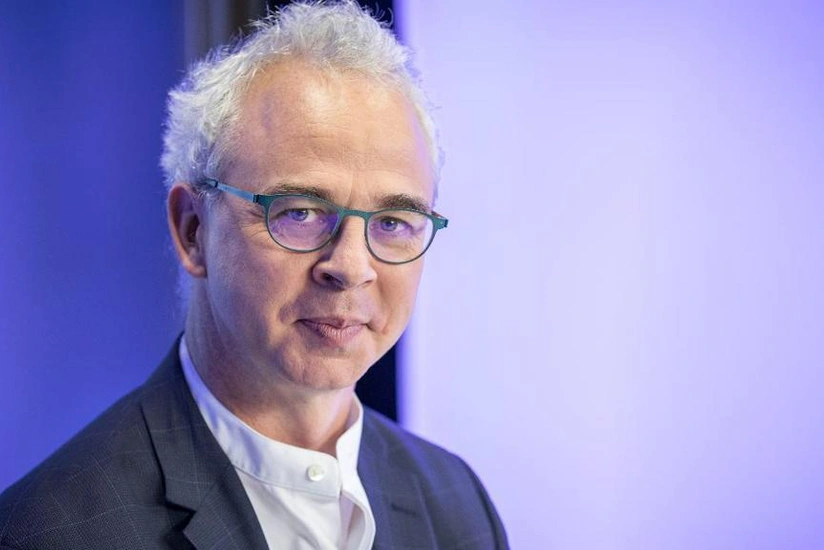French expert: Azerbaijan to face new perspectives in implementation of New Silk Road project - OPINION
- 06 November, 2018
- 12:07

Paris. 6 November. REPORT.AZ/ The New Silk Road is one of projects representing a great importance for EU countries, Director of Institut Vaugirard, professor Emmanuel Lincot told Report’s western bureau.
"Bilateral agreements were reached for construction of railway as part of the New Silk Road between Eastern Europe, as well as Balkan states and China. For instance, recent agreements between China and Serbia," he said.
"However, we observe differences in approach of EU member-states to the project. For example, positions of France and Germany differ. The Silk Road from China stretches up to German borders, but does not extend anymore. Railway, generally transport, is a field on which France and Germany have different positions. So, we can say that EU members demonstrate different, even contradictory positions on implementation of the New Silk Road project.
"But the situation may change due to US sanctions. The matter is that in connection with these sanctions, EU tries to get new partners. France’s position is becoming subdued. There are differences between Emmanuel Macron’s position shared during his visit to China on January 8 and words he pronounced today. The French President shows that he does not keep his words stated on January 8 in China," the professor said.
Along with this, he noted that uncertainties on the New Silk Road project can also be caused by the fact that China did not draft the project comprehensively and unclearness during presentation: "There is an impression that there are unclear points in the project and it’s too common. According to a report recently published after researches conducted by Think Tank Research Center, the project is assessed as a limited and fantastic project promising uncertain results for France.
"There are also ideological factors which constitute barriers for realization of the project. The New Silk Road project was put forward by China and is as a rival to projects put forward by US and its allies. I especially mean projects covering Indian-Pacific Ocean, which led us to think that Macron is interested in such projects."
Emmanuel Lincot also noted that Middle Asia is a part that China pays the most attention to and key of the Chinese diplomacy among these countries is Uzbekistan, where Shanghai Cooperation Organization was founded: "However, taking into account that the Caucasus is located between Europe and Asia, I think that EU and China may meet in this zone. Heraclitus of Ephesus said that oppositions are in unity. Obstacles open new oportunities for new exchanges. Special new opportunities may be opened for Azerbaijan, neighbour of Iran which faces sanctions.. Azerbaijan can benefit from Iran’s facing sanctions through its geographically neutral position. If there is a place where Brussels and China will meet, this is the Caucasus.
"I see Russia as a country with potential difficulties. Russia’s GDP is equal to Italy’s. This means that Russia is a poor country. Of course, Russia has great potential in the military and nuclear fields. That’s why China cooperates with Russia. As for the economic issues, Russia remains a weak partner and I think that Russia’s future will depend on Vladimir Putin’s successor. We already think about Russia’s future after Vladimir Putin. Today’s situation of the New Silk Road is also caused by Russia’s weakness and taking steps towards crisis, which affects EU, Caucasus and even China. So, the future of the New Silk Road depends on Russia’s future. Therefore, it’s still unclear whether the New Silk Road project will be implemented or not."
"Thus, today’s condition is not heartwarming for implementation of the New Silk Road project. Because, firstly, the project competes with Indian-Pacific Ocean projects. Secondly, Russia’s future is under question. And third is related to difficulties in some countries in the Central Asia. Afghanistan, Pakistan and Tajikistan are the countries with the risk of civil war. So, this project is in an unfavorable stage. Sanctions against Iran cause problems for all countries, as well as EU.
"In case of any difficulty of any country, peripheral countries benefit from this situation. After sanctions against Iran, new opportunities are opened for Azerbaijan. Azerbaijan may face new perspectives," the director said.
